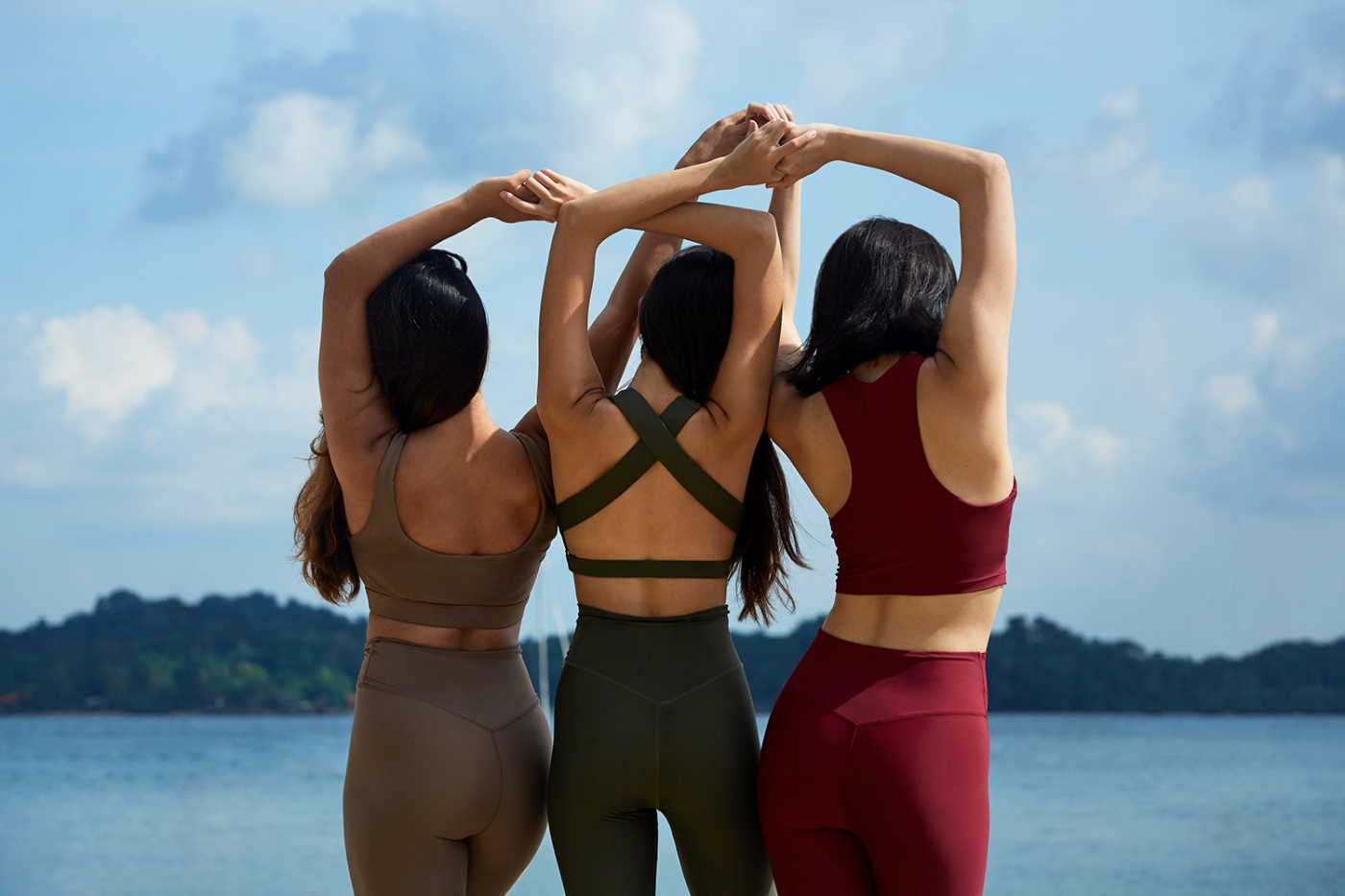5 Ethical Activewear Brands That’s Saving the Earth #Fitspo-Style
Remember that basic cotton tank top you bought last week from H&M’s activewear section? It took 2,700 litres of water for it to be produced and shipped to your local outlet. On top of that, the person who made it is probably a woman between the ages of 16 and 24, who quit school to work 140 hours per week, earning a measly sum that barely covers her family’s living expenses. That’s the dark side of fast fashion that consumers don’t see when they look at a plain cotton tank top.
Enter a slew of ethical fashion brands that are working towards increasing transparency between themselves and the consumers, and creating a system of slow fashion that doesn’t leave a negative impact on the environment. Besides designing high-quality clothing pieces, they seek to reduce the exploitation of workers in countries such as Bangladesh, and boycott the high demands of major fast fashion brands that treat employees unfairly for the sake of boosting profits.
One of the fastest growing categories of fast fashion is activewear, its widespread popularity fuelled by celebrities such as the Kardashians and Beyoncé (with her Ivy Park athleisure line). As a result, more consumers are seeking out activewear items from the racks of mass-market retailers, further exacerbating the effects of the fast fashion industry. Instead of opting for the usual activewear brands and going to your weekly workout classes in guilt, try these five ethical alternatives that will go easy on Mother Earth—and your wallet too.
Outfyt
Designed locally and ethically made in Indonesia, Outfyt features an Eco Luxe collection of activewear that’s made from regenerated nylon waste such as fishing nets. Aiming to be part of the solution rather than part of the problem, this brand doesn’t compromise on quality to save the environment. Its material contains Lycra Xtra Life, which prevents the colour from fading and makes the items more durable.
A portion of their profits, collected from their Eco Luxe collection, will also go towards Healthy Seas, an organisation that seeks to protect marine life, prevent pollution and promote the repurposing of resources. With its sleek, minimalist designs, you’ll want to wear it beyond the gym too.
Rumi X
Rumi X crafts its activewear clothes with eco-friendly fibres, generated from plastic bottles and regenerated coffee grounds. This creates a material that provides five times more UV protection, as opposed to cotton, and has the ability to control body odour, leaving you sweet-smelling even after a smashing workout.
Furthermore, its goods are produced in reputable factories that are members of the Business Social Compliance Initiative (BSCI), which implements strict laws to protect industry workers well. You can rest assured, knowing that Rumi X’s apparels tick all the ethical boxes.
Alternative Apparel
Offering sportswear created from organic cotton and low-impact dyes that go easy on the environment, Alternative Apparel no doubt echoes the sustainable sentiment. Some of its clothes are also made with post-consumer recycled polyester, enabling about 1.8 million plastic bottles to be salvaged and upcycled.
Furthermore, Alternative Apparel manufactures its garments in factories, certified by Worldwide Responsible Accredited Production, a non-profit organisation comprising of global social compliance experts.
Nimble Activewear
Recycling has never looked so fashionable. At Nimble, the leggings and sports bras are made from plastic bottles that have been spun down into fabric.
This Australian activewear brand also keeps to an uncommonly short supply chain. Its entire manufacturing process, from the raw material to the finished product, takes place within a 80km radius in Taiwan. Nimble also makes sure that their workers are well taken care of, visiting them personally on a regular basis and monitoring their working conditions with the help of several external parties.
tasc Performance
The family behind tasc Performance, founded in New Orleans, believes in using sustainable fabrics such as bamboo viscose and organic cotton to construct their athleisure garments. In addition, they have also created 15 unique yet natural fabrics that provide maximum comfort without harming the planet.
tasc Performance has been working with the same manufacturers in India for 22 years, whose factory is entirely powered by solar and wind energy. About 99% of the water used during production is also recovered, treated and reused.
Image Credit: Outfyt


